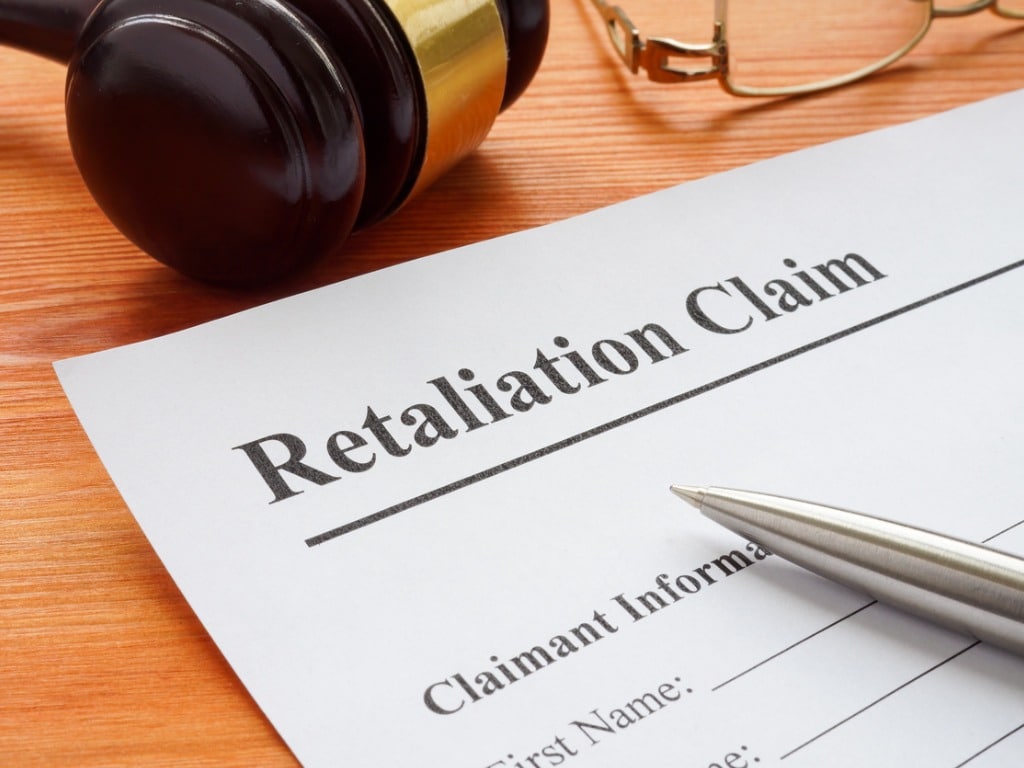According to new research, an overwhelming number of corporate whistleblower retaliation cases stem from whistleblowers reporting internally at their company, as opposed to through an external government channel.
A working paper published by Stephen M. Kohn, whistleblower attorney and Adjunct Professor at Northeastern University School of Law, details that in an 8-year period, whistleblowers reported internally in over 90% of whistleblower retaliation cases filed under the Dodd-Frank Act and Sarbanes-Oxley Act (SOX), the two major Wall Street whistleblower protection laws.
“The data provides a strong justification for immediately amending Dodd-Frank and other whistleblower laws to protect internal whistleblowers,” writes Kohn. “It also provides empirical data that should be used by corporate officials when they design an internal whistleblower program and whistleblowers when they decide to whom they should make a report. It also provides guidance to Congress and regulatory agencies in drafting legislation and regulations.”
In 2018, the Supreme Court ruled in Digital Realty Trust, Inc. v. Somers that Dodd-Frank’s anti-retaliation protections do not apply to whistleblowers who report internally and not to the U.S. Securities and Exchange Commission (SEC).
“The current Dodd-Frank whistleblower system fails whistleblowers facing retaliation for making an internal fraud related disclosure,” Kohn continues. “Numerous corporate whistleblowers choose to report internally instead of to the government and post-Digital these whistleblowers are afforded no protection under Dodd-Frank. The disproportionate rate of retaliation faced by internal whistleblowers underscores the importance of offering protections to internal whistleblowers. It also underscores the importance of ensuring that the right of whistleblowers to directly report anonymously and confidentially to the government are fully protected under federal laws and administrative regulations.”
Kohn argues that the data provides strong support for proposed legislation which reforms the Dodd-Frank Act to protect internal whistleblowers. Introduced in March 2023, the bipartisan SEC Whistleblower Reform Act would extend anti-retaliation protections to internal whistleblowers.
Former SEC Commissioner Allison Herren Lee, who now serves as Of Counsel at Kohn, Kohn, & Colapinto LLP, supports the bill. She explains that the Supreme Court’s Digital decision “created a perverse incentive for whistleblowers to sidestep a company’s efforts to address its own issues and promote an internal culture of compliance. That’s because unless whistleblowers take their concerns quickly and directly to the SEC, they will not be protected from retaliation – and retaliation is a well-grounded concern for whistleblowers.”
National Whistleblower Center (NWC), where Kohn serves as Chairman of the Board, is calling for the passage of the SEC Whistleblower Reform Act in order to protect internal whistleblowers.
NWC has issued an Action Alert allowing whistleblower supporters to write to the government calling for the immediate passage of the SEC Whistleblower Reform Act.
Join NWC in Taking Action:
Protect Internal Corporate Whistleblowers
